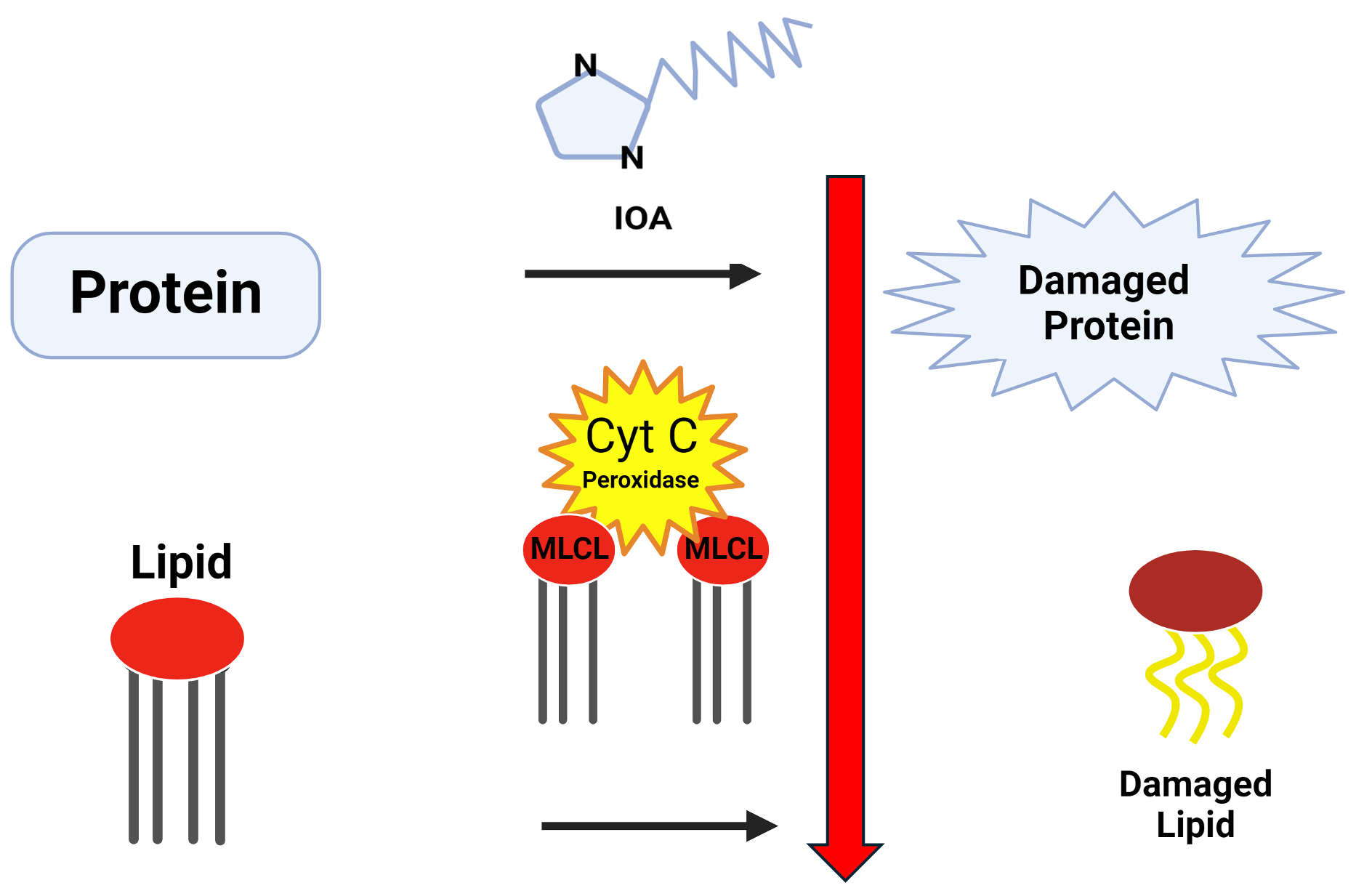Wayne State-led research helps uncover therapies for Barth Syndrome's deadly cardiac and skeletal effects
Joined by two collaborators, Wayne State Biological Sciences Professor Miriam Greenberg has received an NIH award to develop new treatments of Barth Syndrome. This genetic disease inflicts severe cardio/skeletal myopathy which limits the quality of life or even causes premature death.
Effective Barth Syndrome therapies are lacking due to an incomplete understanding of precisely which misregulated mechanisms lead to its symptoms. The project combines the expertise of Miriam Greenberg in the molecular genetics cardiolipin production with the expertise of Dr. Valerian Kagan in redox biology (University of Pittsburgh) and Hülya Bayir in redox lipidomics and MS-imaging (Columbia University).
The research team will conduct a search for drugs that cure a pathogenic effect of BTHS which has not yet been targeted. In previous work, the team discovered a new aspect in the biochemical processing of the essential and unique mitochondrial phospholipid, cardiolipin. Their efforts established that a remodeling intermediate, monolysocardiolipin, forms an aberrant complex with a Fe-protein, cytochrome c, with a calamitous new pro-oxidant function of a peroxidase, which triggers massive and toxic lipid peroxidation.

The new funding will allow to search for potent and selective inhibitors of the monolysocardiolipin-mediated peroxidase activity to treat the devastating effects of Barth syndrome.